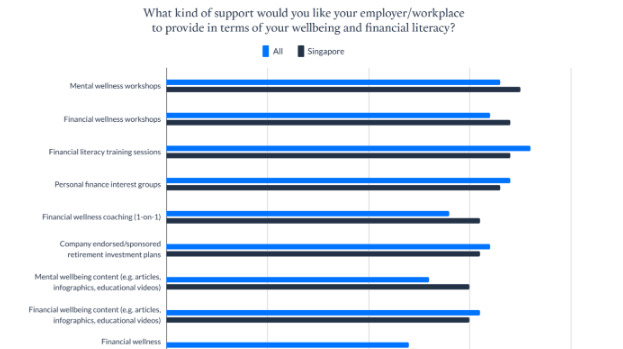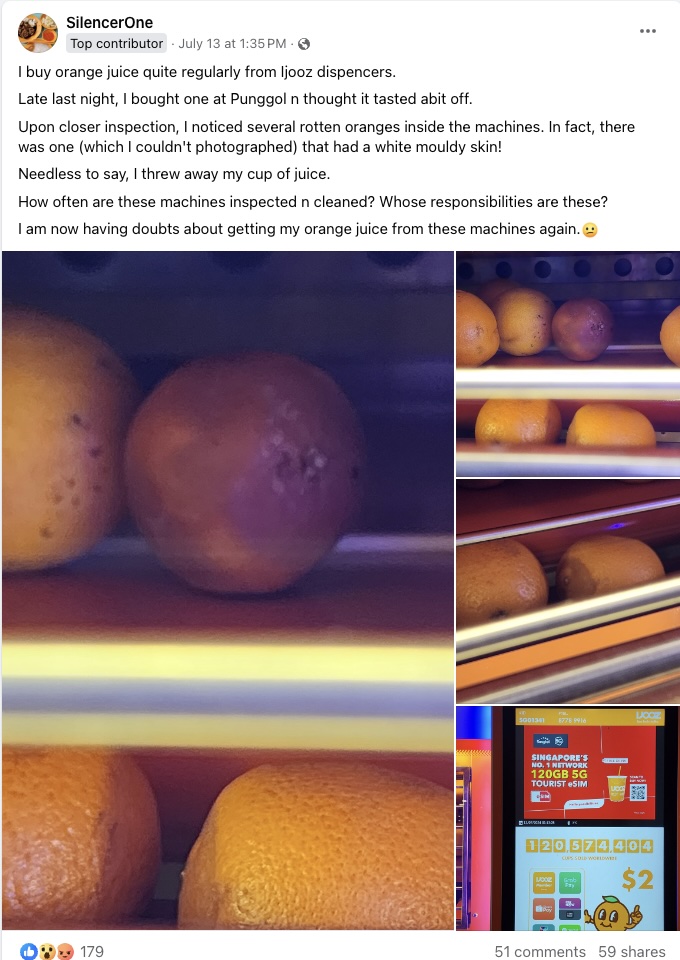SINGAPORE: A recent report by Endowus and Intellect has found a growing demand for financial wellness initiatives in the workplace.
According to the joint report, a notable one in three employees expressed a desire for greater support through various financial wellness programs.
Specifically, 34% of workers are interested in financial wellness workshops, 33% in personal finance interest groups, and another 34% in financial literacy training sessions.
The interest is particularly pronounced among millennials, with 35% seeking workshops and training to bolster their financial knowledge.
The findings point to the critical role of employer involvement in promoting financial readiness among employees. The report emphasizes that such support keeps employees engaged and loyal and enhances their overall job satisfaction.
82% of workers indicated that good financial preparedness contributes significantly to their job satisfaction. Furthermore, 78% of respondents believe that being financially prepared reduces distractions and enhances productivity at work.
The impact of financial wellness on employee retention is also notable. The report reveals that 71% of employees are less likely to consider leaving their jobs if their employers provide adequate support for financial preparedness.
This statistic underscores the potential of financial wellness programs as a tool for reducing turnover and fostering a more stable and committed workforce.
As financial wellness becomes an increasingly important aspect of employee well-being, it is clear that employers who invest in such programs can expect to see tangible benefits in terms of employee satisfaction, productivity, and retention.
The data from the Endowus and Intellect report suggests that addressing the financial literacy and preparedness of workers is not just a perk but a crucial element of modern workplace support. /TISG













